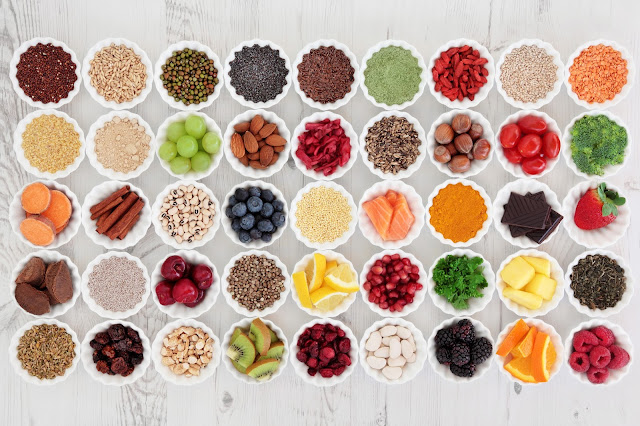You Are What You Eat
For years, doctors have been saying that what you eat can affect the health of your heart, but now there is new evidence that the same is true for your brain. Here's the latest...
CBS News recently reported the results of a new study conducted by researchers at Rush University Medical Center in Chicago. It shows that a thoughtfully planned MIND diet may reduce the risk of developing Alzheimer's Disease as much as 53 percent!
The MIND diet combines many elements of two other popular nutrition plans which have been proven to benefit heart health: The Mediterranean diet and the DASH (Dietary Approaches to Stop Hypertension) diet. The result is what's known as the MIND diet: Mediterranean-DASH Intervention for Neurogenerative Delay.
Martha Clare Morris, PhD, was the lead author of this MIND diet study. She stated that "diet is just one of the many factors that play into who gets the disease." While genetics and other factors like smoking, exercise and education also play a role, diet helped slow the rate of cognitive decline and protect against Alzheimer's regardless of the risk factors present.
Hip, hip hooray!
Because a picture is worth a thousand words, I like to use this infographic from alzheimers.net when talking to patients and family members about the best brain superfoods.
Here are some of the specific recommendations that have come from the MIND diet study:
Vegetables and Leafy Greens
- researchers recommend eating a salad and at least one other vegetable every day
- at least two servings of greens a week can help
- six or more servings of veggies a week provide the greatest brain benefits
Omega- 3 Fatty Acids, Beans and Nuts
- eating fish at least once a week helps protect brain function
- eating beans three times a week keeps the mind sharp
- eating nuts at least five times a week helps lower bad cholesterol and reduces the risk of heart disease
Coffee, Chocolate and Spices
- drinking 1-2 cups of coffee each day is related to an 18% reduced risk of cognitive disorders
- regular intake of dark chocolate is associated with better cognitive performance in the elderly
- tumeric destroys plaques that are associated with neurological damage related to Alzheimer's disease
Berries and Dark Skinned Fruits
- dark skinned fruits are some of the more potent foods in terms of protecting the brain
- blueberries are known to increase memory and motor skills
- researchers recommend eating berries at least twice a week
Oils
- Olive oil beat out other forms of cooking oil and fats
- researchers found people who used olive oil as their primary oil at home saw greater protection against cognitive decline
Whole Grains
- researchers recommend at least three servings of whole grains each day
Poultry
- poultry is an important part of a brain-healthy eating plan
- scientist recommend eating two or more servings of poultry each week
Wine
- a glass of red wine every day is recommended...but just one
Even if you slip up on the diet from time to time, the researchers say it can still have benefits. According to lead author Dr. Morris, "Modest adherence to the MIND diet measurably reduced a person's chances of developing Alzheimer's disease, and the longer you stick with it, the greater the benefits."
"People who eat this diet consistently over the years get the best protection," said Dr. Morris. "You'll be healthier if you've been doing the right thing for a long time."
This week, as you go about your work, consider providing education to your patients, friends and family regarding the importance of wise choices and the benefits of consuming brain super foods.
Every time you eat or drink, you are feeding disease or you are fighting it.
Heather Morgan MS, NLC
This week, as you go about your work, consider providing education to your patients, friends and family regarding the importance of wise choices and the benefits of consuming brain super foods.
Every time you eat or drink, you are feeding disease or you are fighting it.
Heather Morgan MS, NLC


